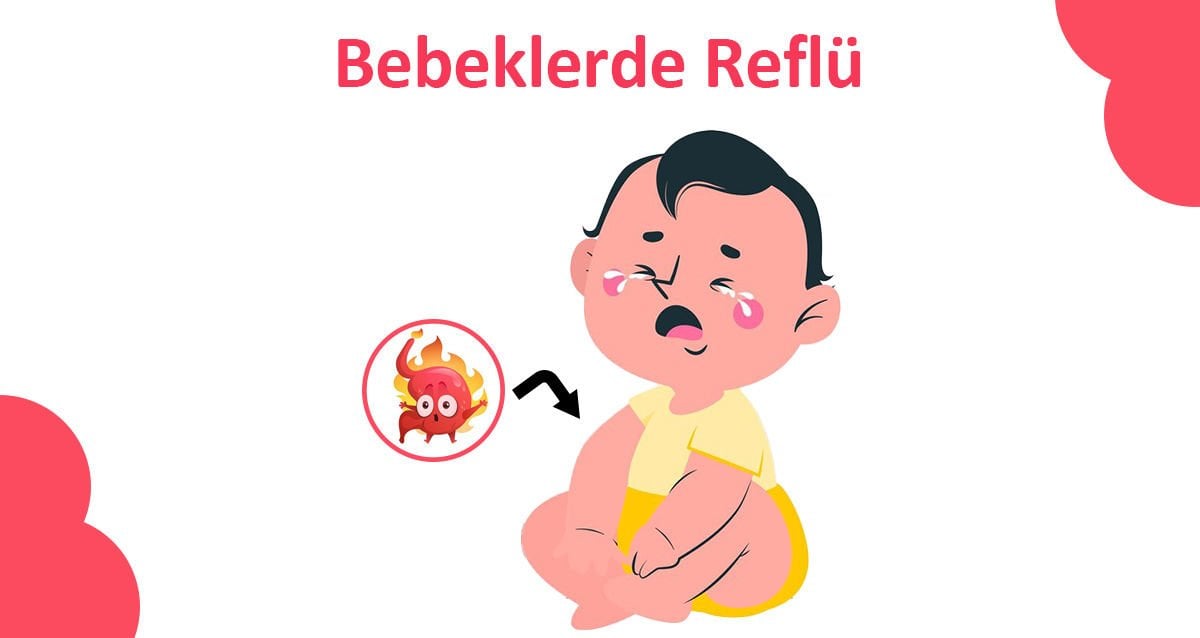Reflux in Babies

The muscle separating the stomach and esophagus becomes much more relaxed during the first four months of life. When there is pressure on the stomach, gas in the stomach rises through this relaxed point. As this gas escapes, the baby's milk or formula—the contents of the stomach—can also rise with the gas. This can cause vomiting in babies. If the baby refuses to feed and pushes back, has a poor appetite, coughs more than usual during or after feedings, is developing slowly and not gaining weight, cries for no apparent reason, or swallows frequently even when not feeding, reflux may be suspected.
The main cause of reflux in babies is their small stomachs. Just like their bodies, their stomachs are very small at birth, and because of its limited capacity, overfeeding can lead to vomiting. Sudden vomiting can also occur due to feeding while lying down and the pressure exerted on the stomach by being held. Swallowing air while breastfeeding can cause gas, and because the muscle between the esophagus and stomach is weak, stomach contents can also be expelled along with the gas.
